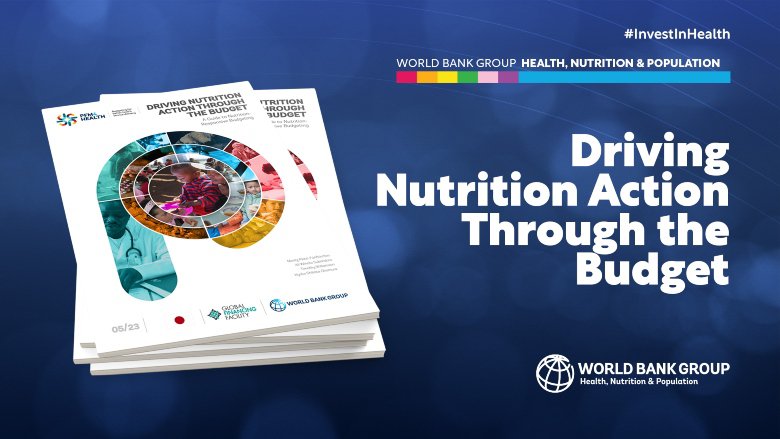"Driving Nutrition Action Through the Budget: A Guide to Nutrition-Responsive Budgeting" identifies what is needed to make public financial management (PFM) systems responsive to nutrition needs and offers concrete recommendations for low-capacity contexts.

Public resources are needed to finance nutrition interventions. How well these resources are managed matters to how effective governments can be in addressing malnutrition. But public financial management (PFM) systems are often not set up to serve the multi-sectoral needs that are required for an effective nutrition response.
- Adequate nutrition is foundational to building healthy and productive lives. Yet, it cannot be taken for granted. In many countries, progress continues to be slow with too many children being left behind.
- An effective nutrition response requires effective government action. This requires sufficient allocation of public resources to priority and high impact interventions and good management of those resources.
- Managing an effective nutrition response requires good coordination and accountability across many actors and financing sources involved. Government public financial management systems are typically not designed to facilitate this well. They are organized by sectors and facilitate sector management and vertical accountability. Without adequate adjustments, such a system is unlikely to deliver.
- This guide shows what it takes to make a public financial management system responsive to nutrition needs. Making the right adjustments will allow for identifying the right intervention and prioritization across sectors. It will allow oversight over what has been funded and where critical gaps remain. When funded, it will help government agencies to monitor implementation and hold stakeholders accountable for progress. It will allow triangulating expenditure data with outcome data to allow for evidence-based course correction.
- A nutrition responsive budget does not involve investing in new systems and technology. Governments may already have solutions in place that guide the management of resources to support the delivery of other global public goods. Building on these systems can expedite reform efforts, help identify champions in ministries of finance, and make a profound difference.